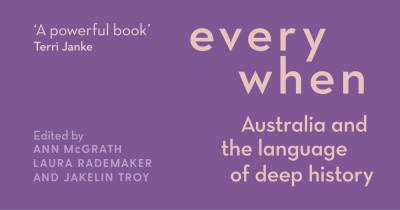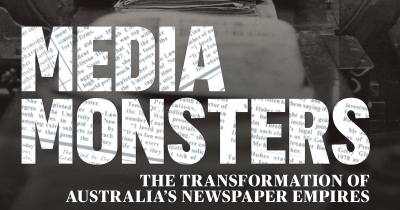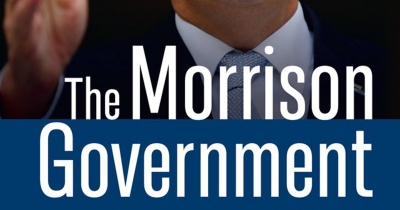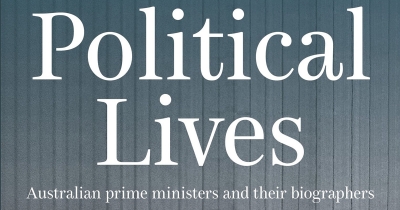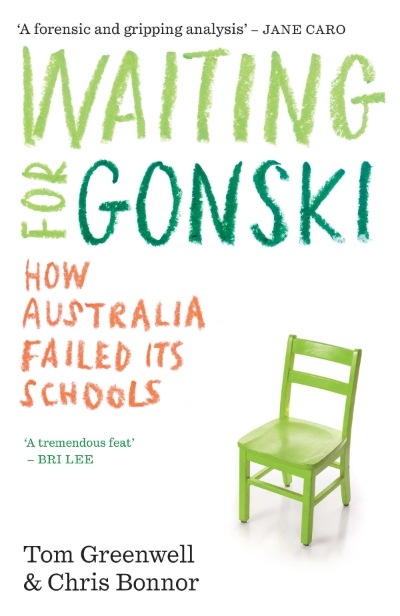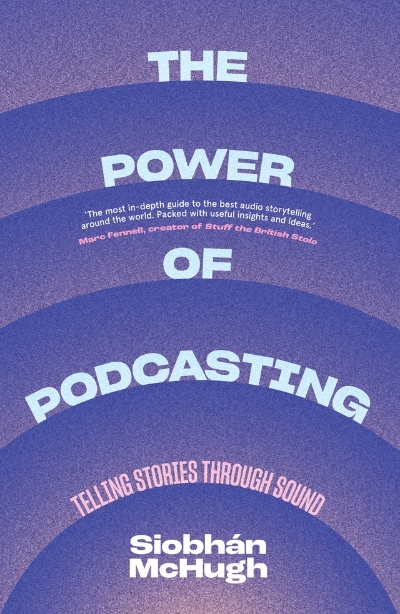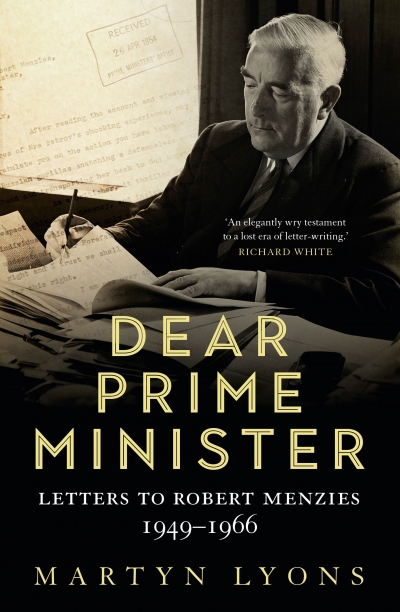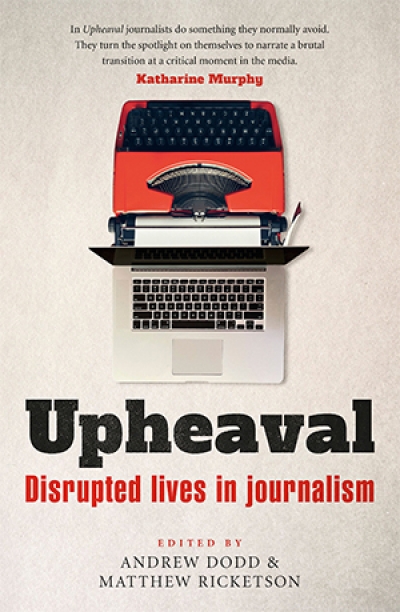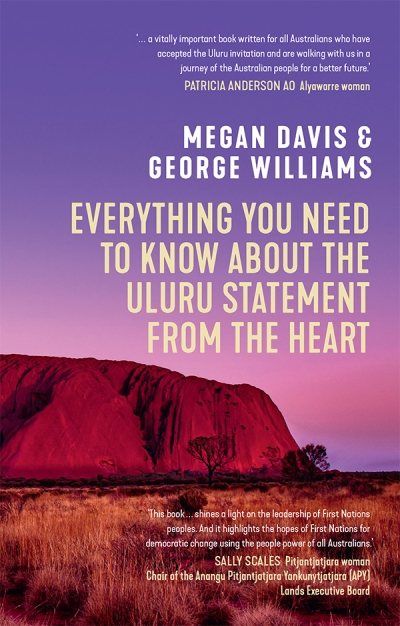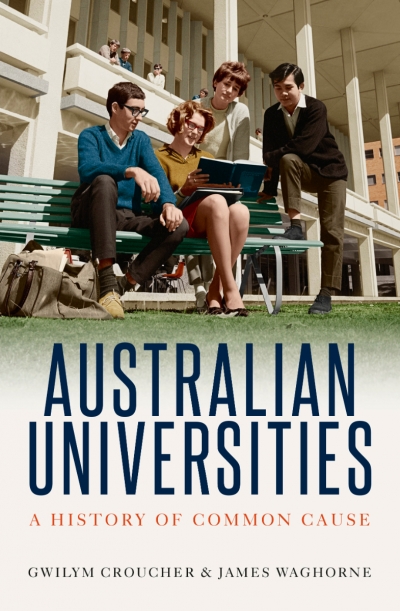UNSW Press
Everywhen: Australia and the language of deep history edited by Ann McGrath, Laura Rademaker, and Jakelin Troy
by Leonie Stevens •
Media Monsters: The transformation of Australia’s newspaper empires by Sally Young
by Patrick Mullins •
The Morrison Government: Governing through crisis, 2019-2022 edited by Brendan McCaffrie, Michelle Grattan and Chris Wallace
by Patrick Mullins •
Political Lives: Australian prime ministers and their biographers by Chris Wallace
by James Walter •
Waiting for Gonski: How Australia failed its schools by Tom Greenwell and Chris Bonnor
by Ilana Snyder •
The Power of Podcasting: Telling stories through sound by Siobhán McHugh
by Astrid Edwards •
Dear Prime Minister: Letters to Robert Menzies, 1949–1966 by Martyn Lyons
by Brenda Niall •
Upheaval: Disrupted lives in journalism edited by Andrew Dodd and Matthew Ricketson
by Gemma Nisbet •
Everything You Need to Know About the Uluru Statement from the Heart by Megan Davis and George Williams
by Kevin Bell •
Australian Universities: A history of common cause by Gwilym Croucher and James Waghorne
by Peter Tregear •

